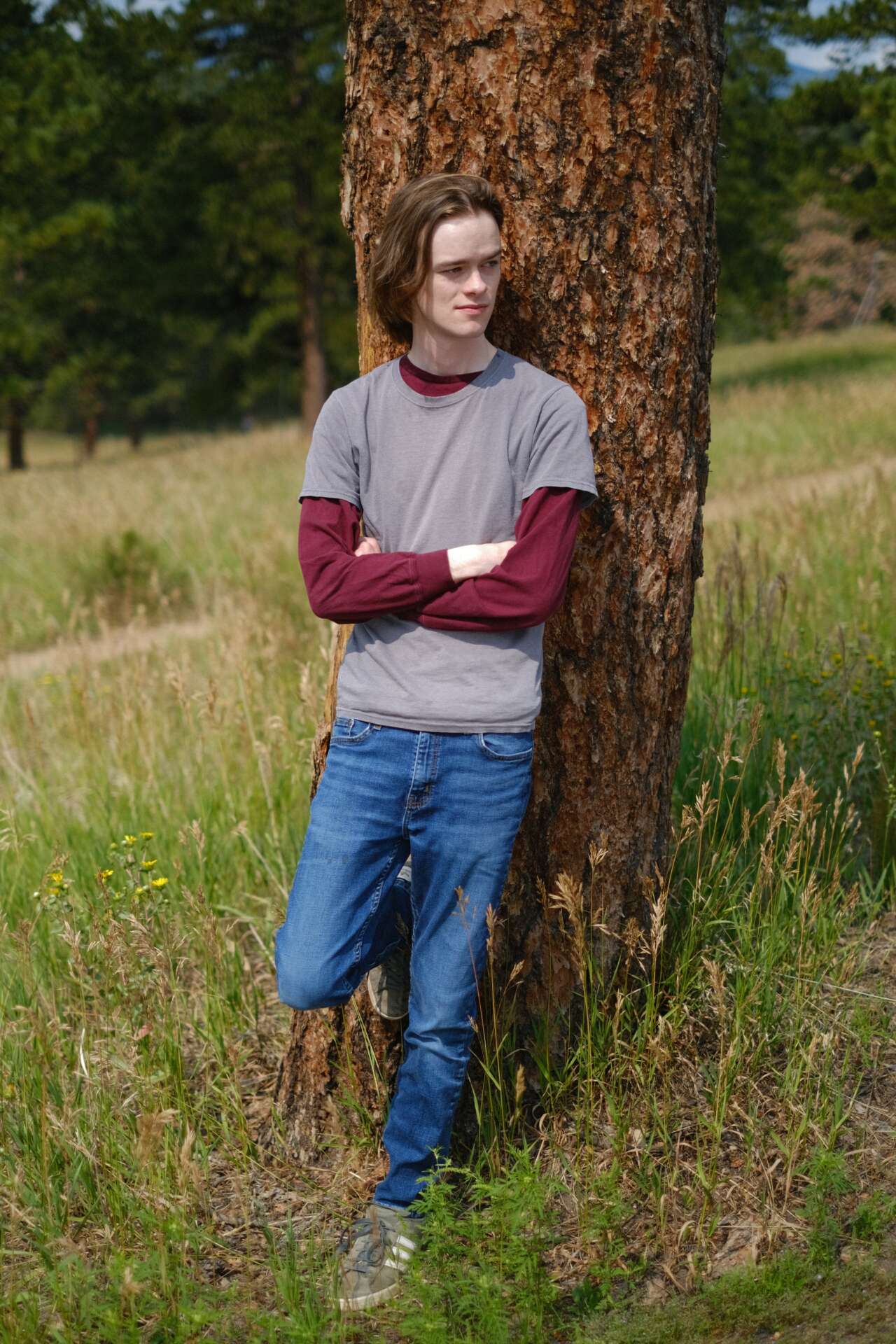We were lucky to catch up with Josh McFadden recently and have shared our conversation below.
Josh, appreciate you joining us today. It’s always helpful to hear about times when someone’s had to take a risk – how did they think through the decision, why did they take the risk, and what ended up happening. We’d love to hear about a risk you’ve taken.
One of the biggest risks I’ve ever taken was directing and producing a feature film. I had been working professionally in the industry as an actor for about four years by the time I decided I was finally ready to get serious with a scrappy little 70 page screenplay I wrote towards the tail end of my high school years and had been carrying with me since. By then I had built up a respectable network of people locally from the various projects I had worked on but I knew if this was going to happen I was going to have to step outside of my creative bubble and try to build up an audience as a complete nobody to all of the people I was trying to reach. I knew it would be a challenge but once I started talking to the right people and got things into motion I found myself taking a risk at every turn. Everything I said was going to happen on the project I had to follow through with, once whatever idea I was planning to myself was out, there was no going back. With a lot of the risks also came a lot of fears that had to be faced, fear of rejection, be it from the audience I was building up in making the movie or talent and crew I was trying to get on board, fear of failure and what that would do to me, and the fear of going through all of these hardships only to have the finished film be rejected by audiences.
It was thanks to a lot of the amazing people I had on my side helping me make this happen and the thought that all these people who had no idea who I was or what the film would turn out like believed in it and wanted to see it that I was able to push through every challenge and see this through until the end. Every risk I took that turned out the way I had hoped (or even just didn’t fail miserably) felt like a victory worth celebrating and every short coming just made the victories feel that much sweeter. In the end I feel like I managed to turn around with something I’m proud of for a first time feature and I can’t wait to share it with the world soon. Every experience I had making it good and bad was something I will never take for granted.
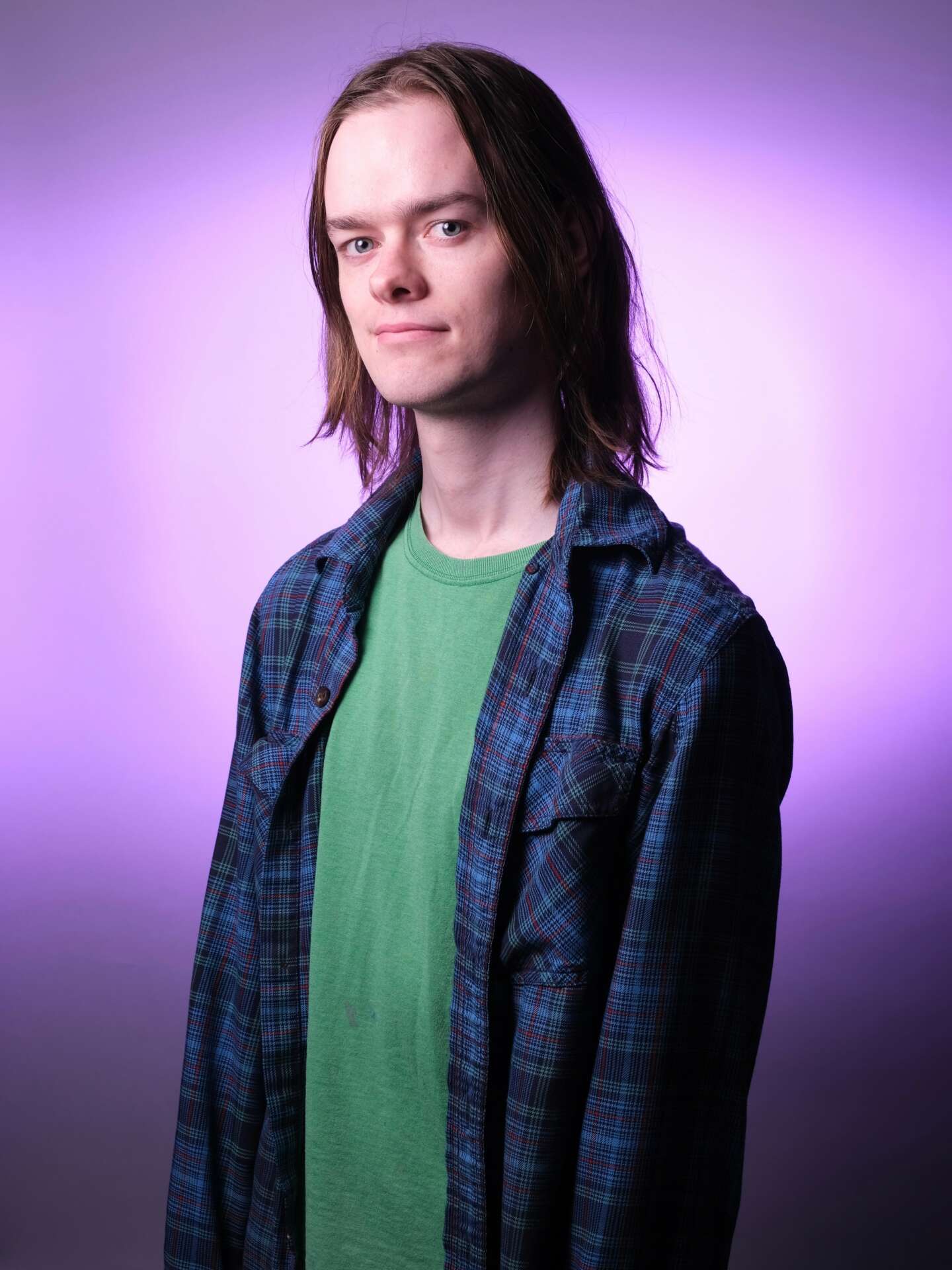
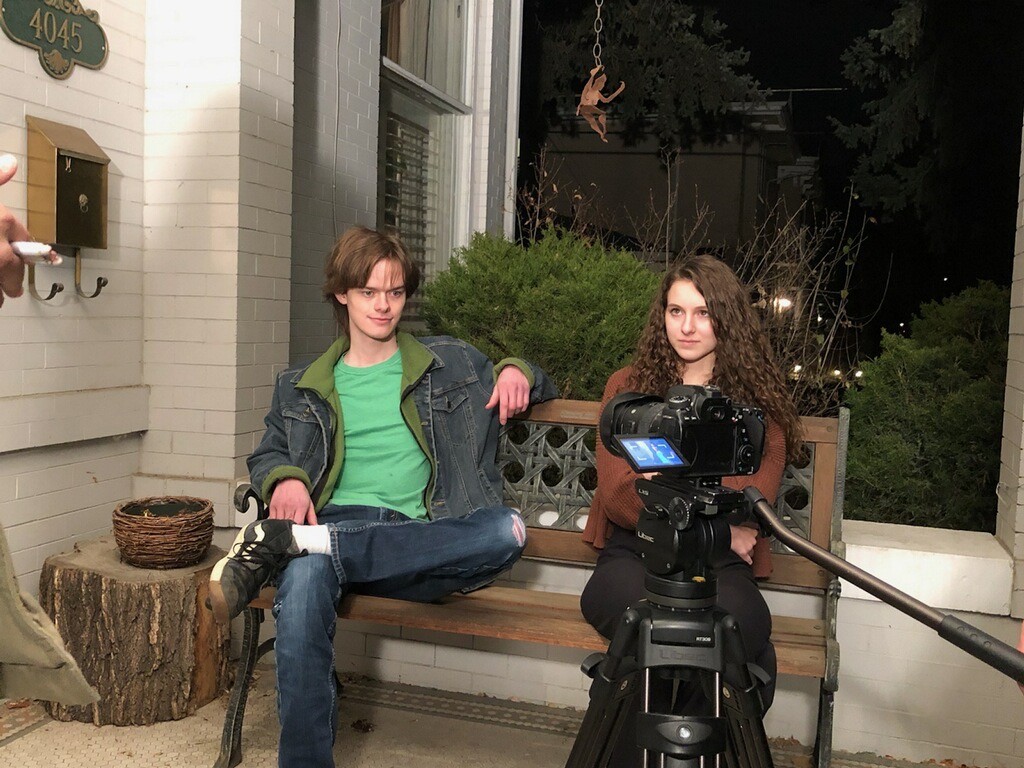
As always, we appreciate you sharing your insights and we’ve got a few more questions for you, but before we get to all of that can you take a minute to introduce yourself and give our readers some of your back background and context?
From a very young age I was always enamored by movies and the process of making them, I’ve always been a storyteller by nature and when you’re a really young child lots of different art forms and the creative processes behind them can have a really powerful effect over you. Throughout childhood my brothers and I would make silly little movies together on crummy cameras, there was a lot of spontaneity and inspiration to these shorts and that really turned my on to how creatively fulfilling developing a story and realizing it as a film can be, I was always the more extroverted out of my brothers so they would often use me as their actor and an almost instantaneous love of the craft was born that I’ve never gotten over since.
As I grew older I started getting more and more inspired by the movies and stories that I was taking in, not only did I want to eventually find my way into acting and filmmaking but I also started branching into other forms of visual arts and creative expression, whenever I have a burning creative itch to do a specific thing but for one reason or another can’t quite make it happen I always wind up find another means of releasing that energy.
I eventually started making short films of my own, all of these had crazy outlandish stories and characters and because I didn’t really have very many friends in school I wound up doing EVERYTHING on these. I was playing all of the characters, running the camera editing, and coming up with stories, because a lot of that spontaneity was still there and it was just me I often times worked manically without a script making it up as I went along.
In my junior and senior years of high school I was able to join a special program where I could spend the second half of the school day in a college level film class where I got to start dipping my toes into the more professional side of things and with the avenues I was introduced to in that class I eventually started working professionally as an actor.
I feel like a lot of the eccentricities that have been baked into my creative process from a young age help me deliver something unique with my work. I can be a bit on the shy side at times but when it’s called for I’m not afraid to let loose and pour a lot of energy into something. Whenever I get to work creatively on something it always feels like a completely unique creative experience and something really special. I take pride in being able to make every project feel like its own experience.
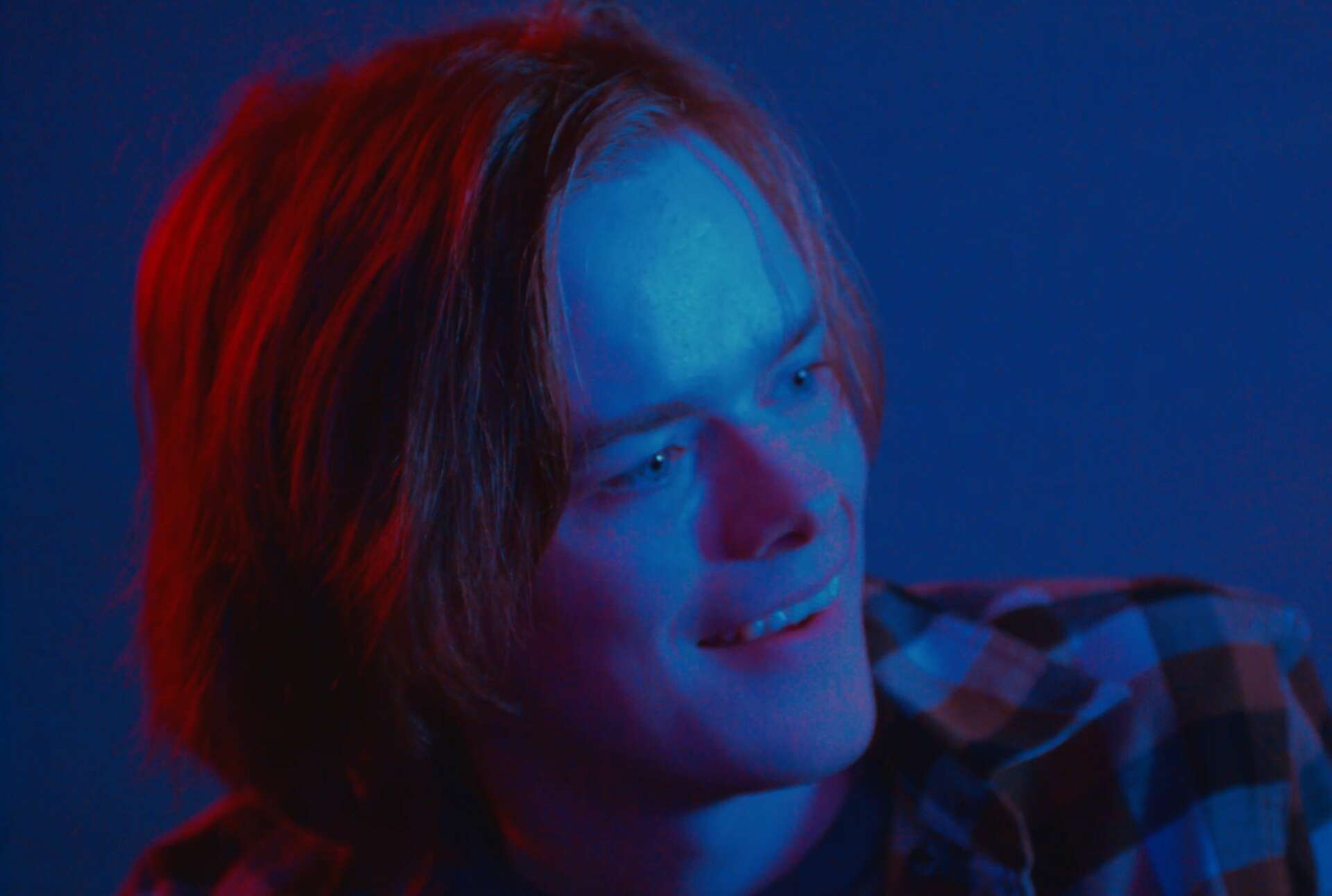
What do you find most rewarding about being a creative?
For me it’s the creative fulfillment, when you get so passionate about something you feel like you have to realize it or else you’ll never stop thinking about it. That feeling when you’ve lost all track of time but you don’t care in the slightest because you’re so close to finishing whatever it is your working on is a great feeling and is all the more better when you finally do complete the project, it’s like it’s been released from your system and your mind is at ease over it.
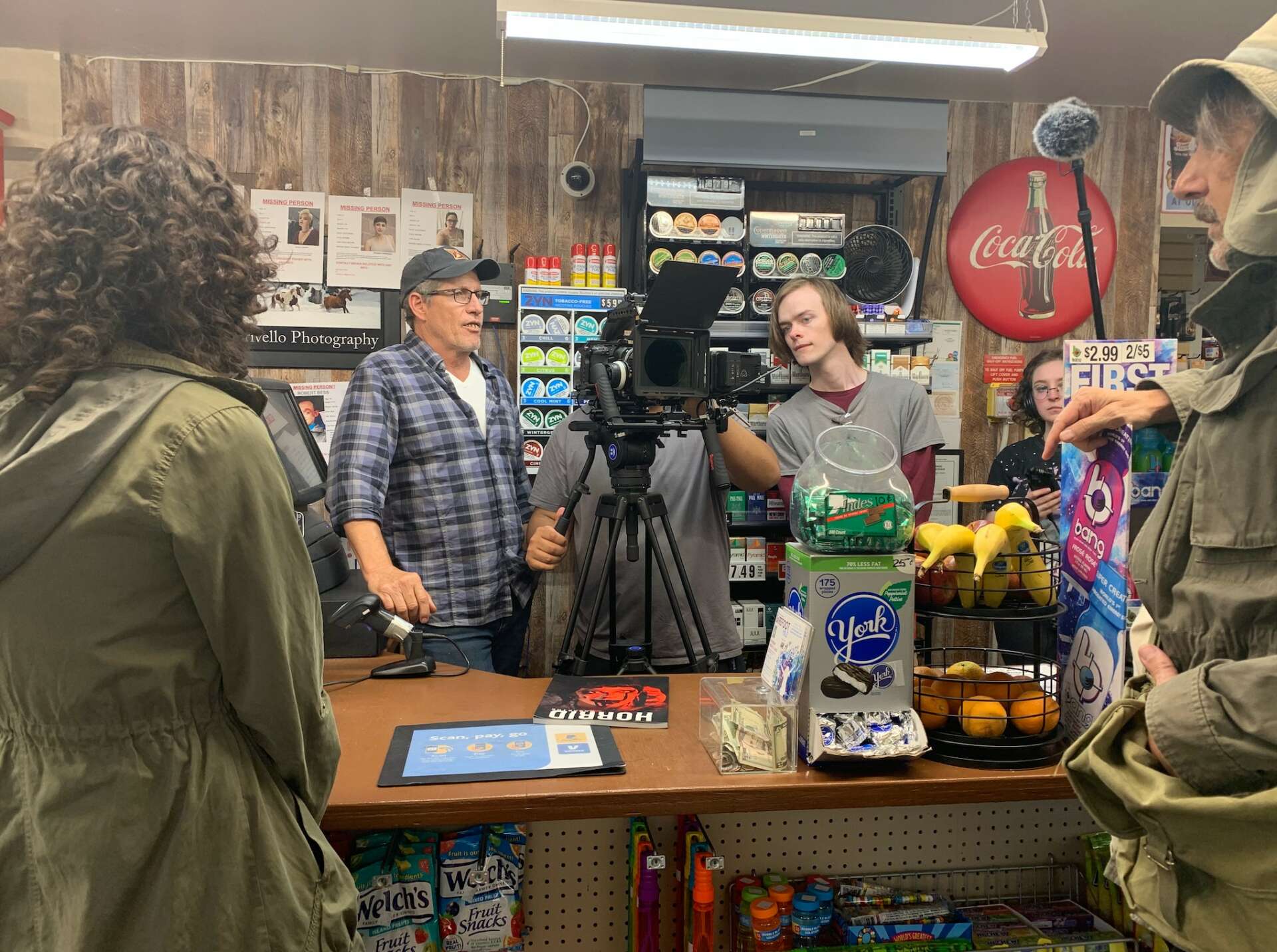
In your view, what can society to do to best support artists, creatives and a thriving creative ecosystem?
Recognize the skill and talent that artists put into their work. There’s a lot of people who aren’t creatively inclined but still enjoy art in various forms and when you don’t have any interest in the creative process and just take it as you see it the efforts that artists make can often get lost on those kinds of people. Nowadays especially it feels like there’s a bigger disconnect between creatives and audiences than there was before. I feel like once there’s a better understanding of just what goes into the art that people enjoy it could lead to an even more appreciative atmosphere with better supports for artists and their work.
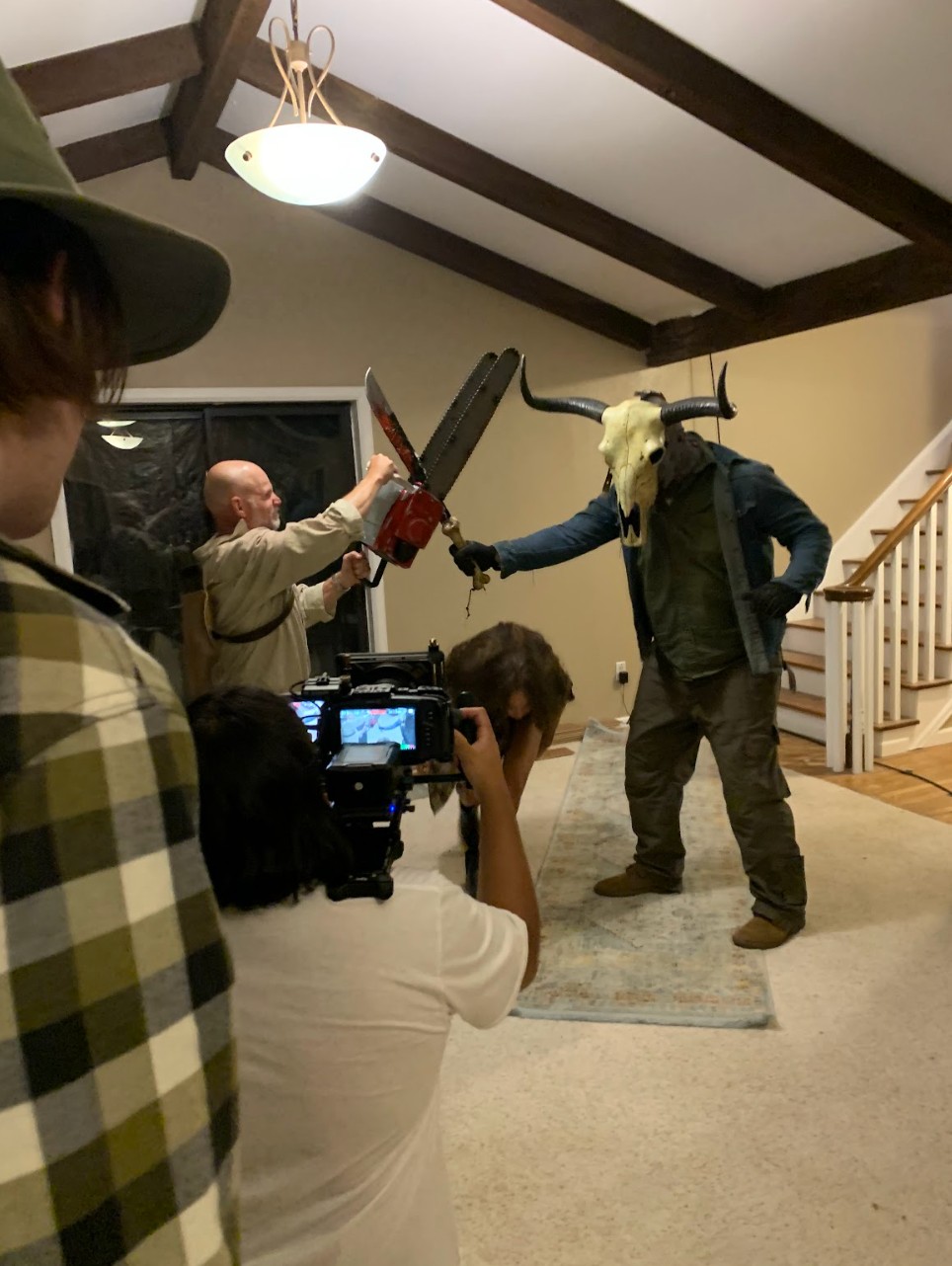
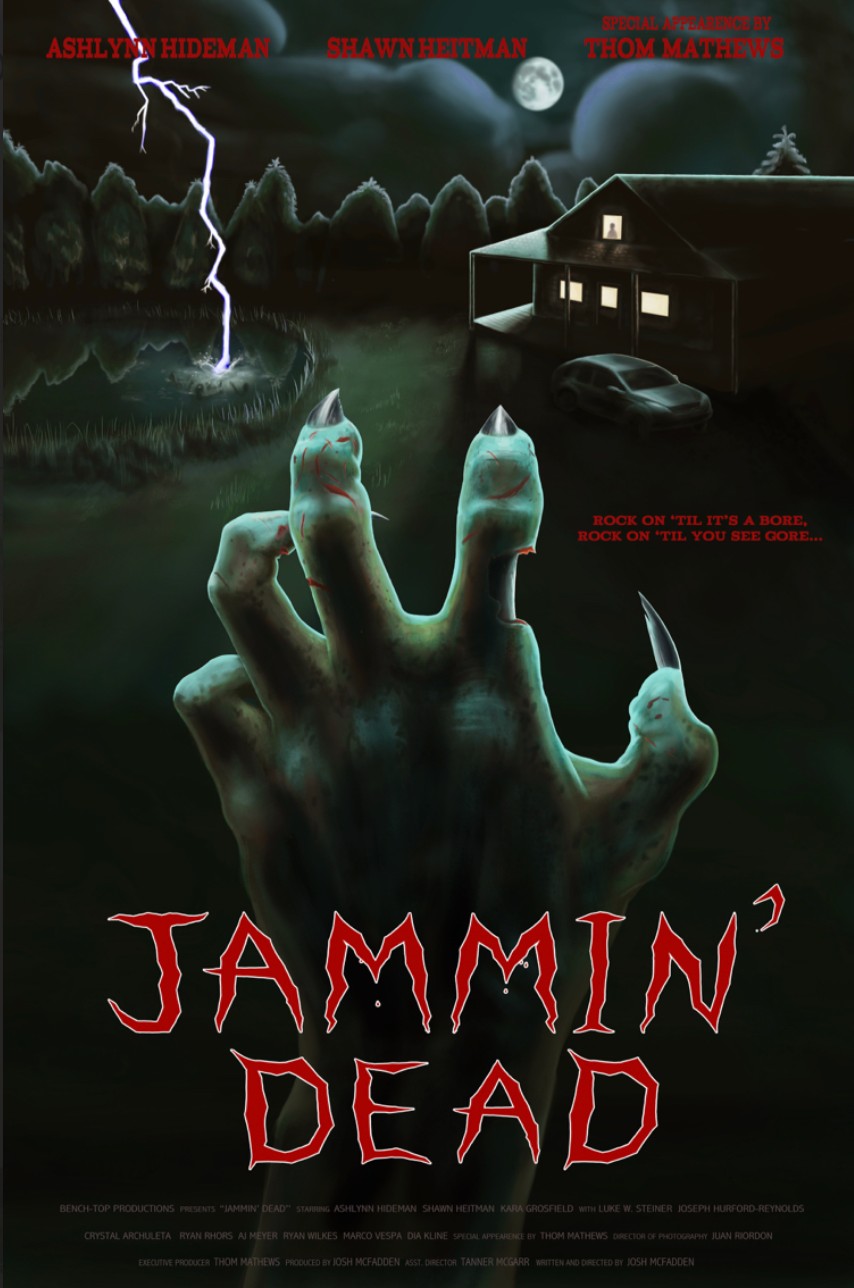
Image Credits
Image #1: John Crist. Image #2: Mya Marshman Image #3: Tanner McGarr Image #4: Tanner McGarr Image #5: Nick McFadden Image #6: Tanner Swanson


